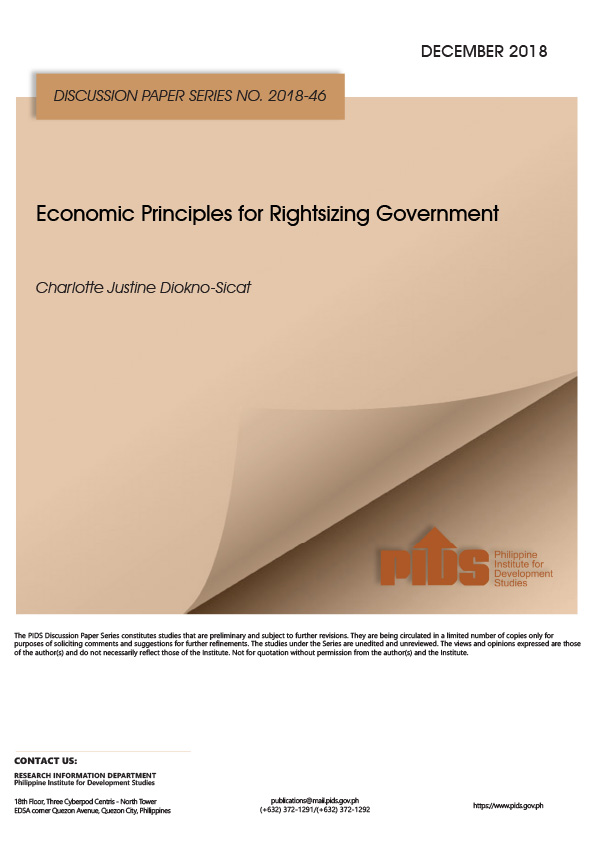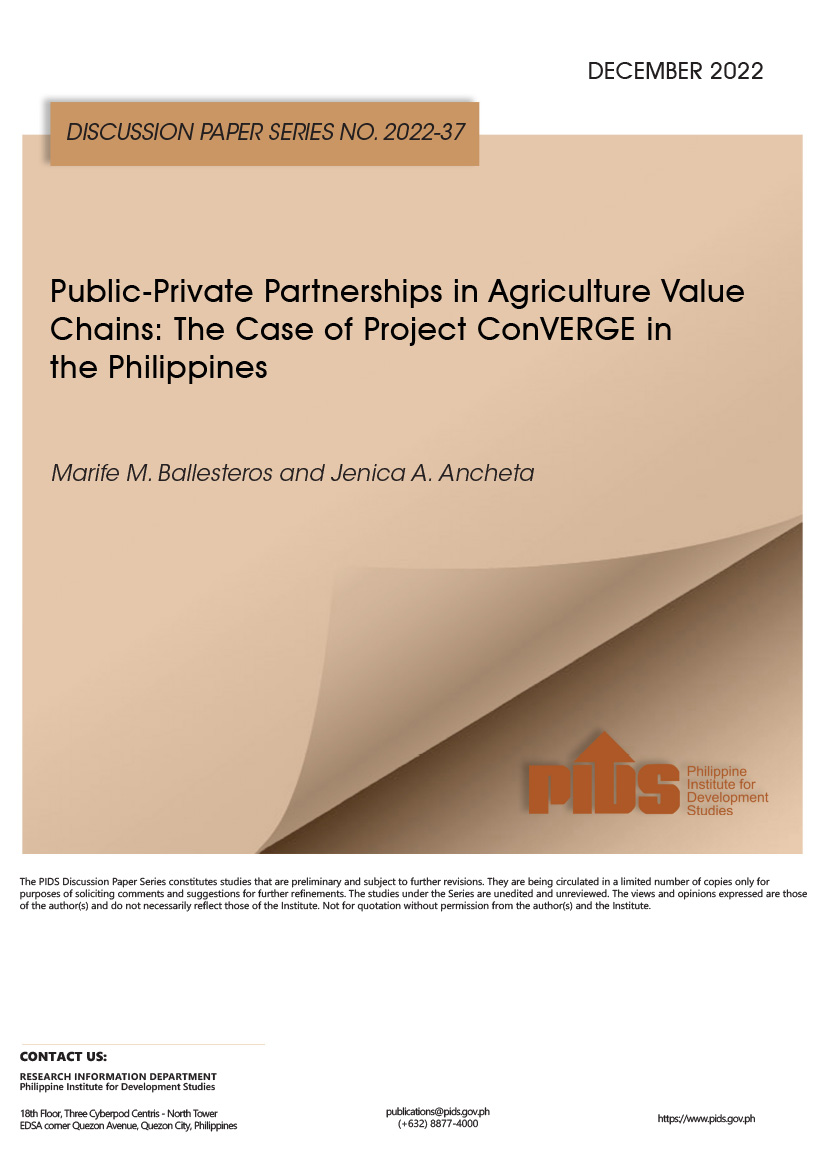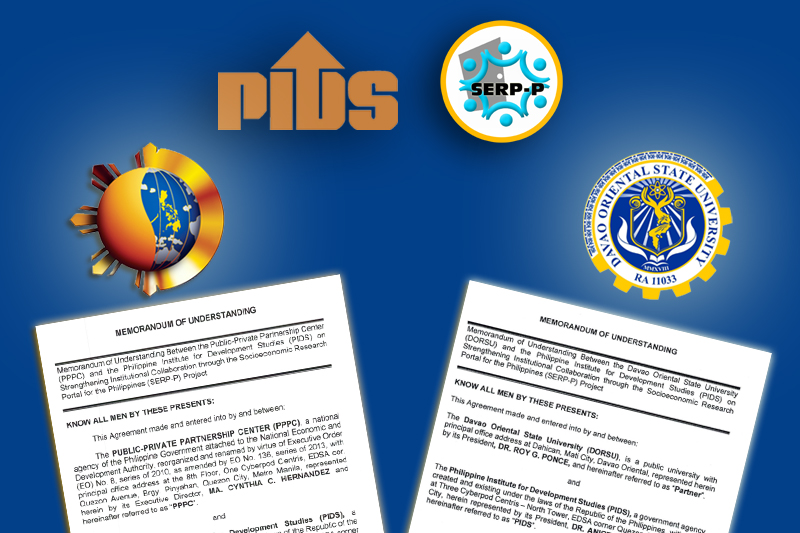MANILA, Philippines — The Commission on Higher Education (CHED) has approved the requests of 313 private higher education institutions (HEIs) to increase their tuition and other school fees for school year 2015-2016.
The increase is at a nationwide average of P165.45 (6.48%) per unit, CHED said in a statement released early Tuesday, May 19.
For 2015, about 405 out of 1,683 private HEIs sent letters of intent to raise school fees, but CHED only approved 313 applications. This is higher than the 287 approved applications in 2014.
2015 2014
Average Peso equivalent
(per unit) Percentage of increase Average Peso equivalent
(per unit) Percentage of increase
TUITION P29.86 6.17% P35.66 8.13%
OTHER SCHOOL FEES P135.60 6.55% P141.55 7.97%
Majority or 283 HEIs will increase their tuition fees, while 212 will increase other school fees.
National Capital Region has the most number of schools (51) that will increase fees, followed by Calabarzon and Davao Region or Southern Mindanao (33 schools each), Central Visayas (32), and Central Luzon (31).
Average Peso Equivalent (per unit)
REGION TUITION FEES OTHER SCHOOL FEES
I P28.83 P465.53
II P15.67 No application
III P35.60 P556.13
IV-A P37.36 P501.67
IV-B P33.85 P26.81
V P37.33 No application
VI P36.14 P48.00
VII P53.15 No application
VIII Disapproved Disapproved
IX P15.62 P415.53
X P24.91 No application
XI P22.32 P33.90
XII P24.51 P24.50
CAR P29.23 P17.82
Caraga P50.83 P44.86
NCR P32.34 P34.79
TOTAL AVERAGE P29.86 P135.60
The Commission did not allow schools in Eastern Visayas to increase fees, as the region is still undergoing rehabilitation in the aftermath of Super Typhoon Yolanda (international name: Haiyan).
CHED cited Memorandum Order 3, s. 2012 in approving the increase in the tuition and other school fees. The Commission took into consideration the following factors:
- Regional inflation rate
- Financial standing of the institution
- Financial capacity of the general studentry
- Impact of force majeure or calamities
- Quality track record of the school
- Mission and vision of the institution
"CHED ensures that HEIs meet the guidelines provided by law, especially the requirement of consultation, the allocation of tuition fees, and strict adherence with the processes that seek to make tuition and other school fee increases transparent, reasonable, and affordable," CHED said.
Since 2014, CHED has been developing with the Philippine Institute for Development Studies (PIDS) a framework that can help the commission decide on a reasonable annual tuition increase rate.
The Commission assured that for the incoming school year, it strictly applied an "education deflator" which measures the average cost of providing education services. (READ: #AyokoMagmahal: College students oppose tuition hike)
Financial assistance for students
Students in need of financial assistance can apply for CHED's Student Financial Assistance Programs, which has 123,882 slots for school year 2015-2016. The slots amount to more than P1.5 billion ($33.7 million)*.
More than 40,000 students under the Pantawid Pamilyang Pilipino Program (4Ps) who are enrolled in select state universities and colleges will also be provided financial assistance under the Expanded Student Grants-in-Aid Program for Poverty Alleviation, which has a budget of P2.5 billion ($56.14 million).
CHED on Tuesday also called for the passage of the proposed Unified Student Financial Assistance System for Higher and Technical Education or UniFAST bill, which seeks to "harmonize, reform, strengthen, expand, rationalize, and re-focus" all ongoing student financial assistance programs of the government.
The bill has been approved on third and final reading in the House of Representatives and on second reading at the Senate. — Rappler.com
*US$1 = P44.52
Related Posts
Publications
Press Releases
Video Highlights
[No related items]








